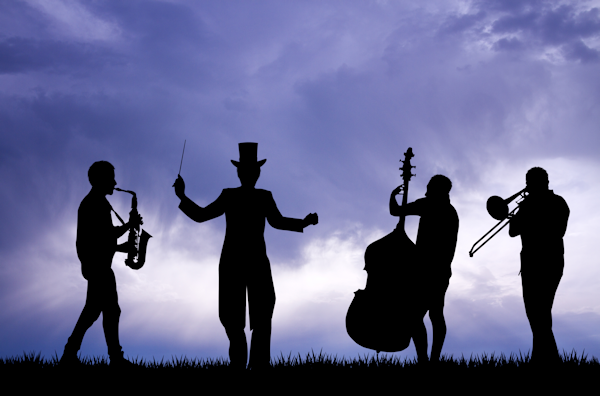REV. JACK HARNISH
Retired Preacher, still traveling
As we traveled in Spain, particularly on the long flights to and from here and there, I read a couple of paperback books. (I still prefer “real” books!) One that captured my attention and is still rattling around in my brain is “Station Eleven” by Emily St. John Mandel.
It’s the story of a group of survivors after a major pandemic which left the world bereft of everything we take for granted–no electricity, no gasoline, no cars, no airplanes and very few people scattered in small settlements of survivors along the shore of Lake Michigan. Central to the story is a “Traveling Symphony” which goes from settlement to settlement performing Shakespeare because they believe mere survival is insufficient.
There is much more to the story but I don’t want to spoil it for you. Just one image: Mendel says,“The problem with the Traveling Symphony was the same problem suffered by every group of people everywhere since before the collapse, and undoubtedly since well before the beginning of recorded history.” Then she describes it–the third cello carries a grudge against the lead actor. The seventh guitar’s eyesight is so bad he is basically dead weight on the group. The first flute irritates the seventh guitar while the viola harbors secret resentments against someone else– “…and so on and so forth, and this collection of petty jealousies, neuroses, undiagnosed PTSD and simmering resentments lived together, traveled together, rehearsed together, performed together 365 days a year. But what made it bearable were the friendships, of course, the camaraderie and the music and Shakespeare, the moments of transcendent beauty and joy when it didn’t matter who used the last rosin on their bow. Someone had written “Sartre: Hell is other people” in one of the caravans and someone else had scratched out “other people” and substituted “the flutes”. The Symphony was insufferable, hell was the flutes or other people or whoever used the last rosin, but the truth was that the Symphony was their only hope.”
It made me think of the old line about Noah’s ark–the creaking, leaking boat is crowded and noisy and stinks to high heaven, but how else will you escape the flood? It made me think about the United Methodist Church and our on-going battles over homosexuality or whatever the latest issue is. It made me think about some congregations I have known where all kinds of petty issues can cause friction and resentment, but when it comes right down to it, we are bound together as the Body of Christ and in the end, we determine to live together and fight together and struggle together and celebrate together because it is our only hope. Just like the Traveling Symphony journeying through a broken and weary land, once in a while there are those “moments of transcendent beauty and joy” when the spirit of Christ breaks in. In those moments love overcomes our jealousies and once again we are healed. Hell may well be other people, or the flutes, but heaven is also to be found in other people, in community, in our relationship with others–even the flutes.
I frequently go back to one of my favorite quotations from the great evangelist E. Stanley Jones. It is carved on the corner of Morrison Hall in the center of the Asbury College campus. It was there even while the college was going through painfully divisive battles over an unpopular president and it is still there: “Here we enter a fellowship. Sometimes we will agree to differ. Always, we will resolve to love and unite to serve”. May it be so for our beloved United (and frequently Untied) Methodist Church. May it be so for our troubled and bitterly divided nation. May it be so for our congregations and communities. Because the truth is the Symphony is our only hope.
Jack Harnish
Last Updated on October 19, 2015

